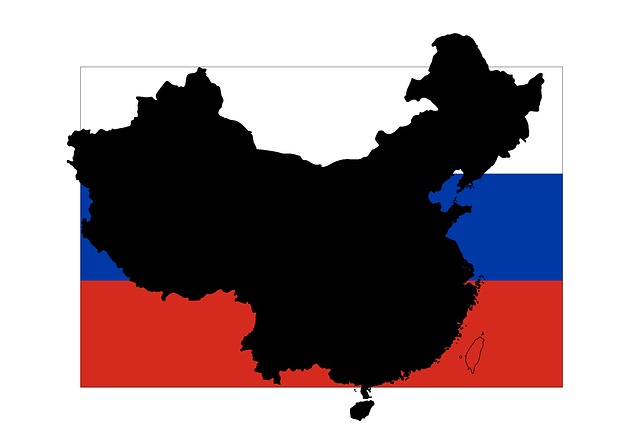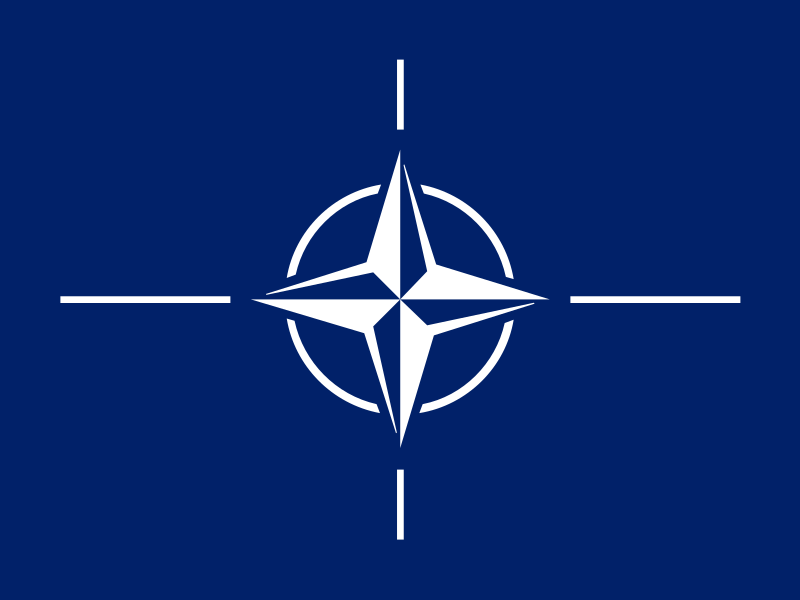On December 1, the Organization for Economic Co-operation and Development (OECD) published the 2014 International Migration Outlook. The report looks at both recent migration trends as well as policies in OECD member countries. A notably interesting section of the report examines research on discrimination in these countries in regards to employment.
When selecting a candidate for a job, the report established that in some first world countries, certain ethnicities were found to be at a disadvantage. For example, in Toronto, Chinese, Indian, or Pakistani individuals are less likely to get called back for an interview compared to those who posses a more “Canadian” sounding name.
While Toronto is known as one of the world’s most multicultural cities, home to a large foreign-born population, the findings of the report highlight a surprising inconsistency. This divergence is further exemplified when considering the country as a whole. According to the report, 42% of Canadian residents, between the ages of 25 and 64, are described as being well qualified (having completed post-secondary education). In 2012, based on data from the OECD, TIME Magazine declared Canada the world’s most educated country. Since a large portion of Canadians are immigrants, and since many enter the country already having completed their educations, they account for a fair portion of that coveted spot.
These findings suggest that Canada is not living up to its reputation as a multicultural nation. Rather, instead of embracing and celebrating different cultures, Canadians simply tolerate them.





